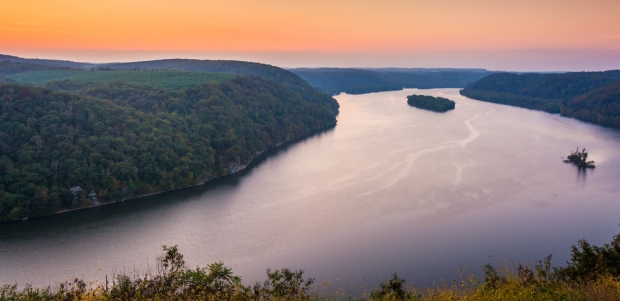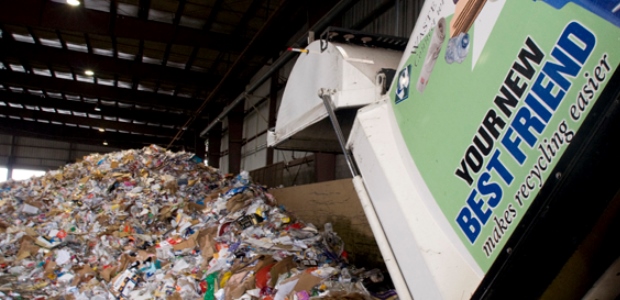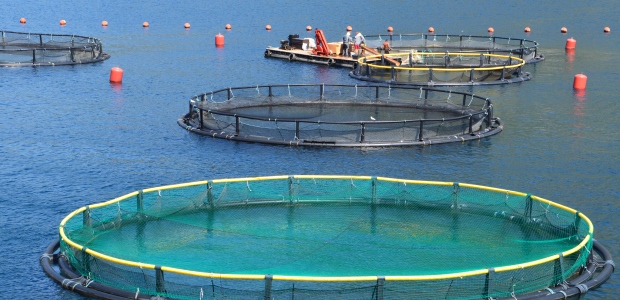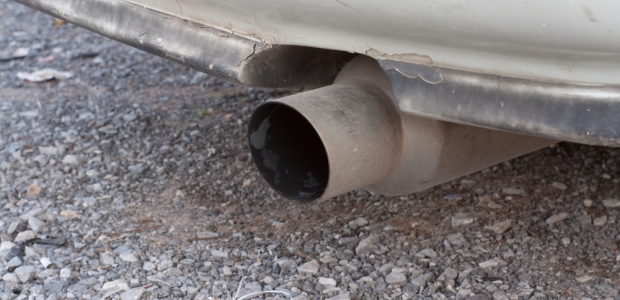
Thus far, 169 countries have signed the Convention on Wetlands and more than 2,200 sites have been designated and recognized as Wetlands of International Importance, covering an area larger than Mexico in all.
The National Toxicology Program and partner agencies are behind the challenge, which will award $500,000 for ideas that help innovate current toxicity testing methods.
"As food rots in a landfill, it produces methane, a powerful greenhouse gas. At the same time, one in six Americans lack access to the nutrition they need to live an active, healthy life," according to EPA.

"Pennsylvania was not on track to meet nutrient reduction targets, and EPA made clear in 2015 that it would withhold funding due to that lack of progress. DEP worked with our sister agencies and wrote a plan that will put us on track," said DEP Secretary John Quigley.
Powering Collaboration is a joint technology-focused program from GE and Statoil, intended to accelerate the development of more environmentally and economically sustainable energy solutions. Four winners for the second Open Innovation Challenge: Reduced Use of Water in Onshore oil and gas operations. The challenge received over 100 entries from 23 different countries.
Managing Directors Mark Bertler and James Simpson together bring more than 50 years of executive-level water industry operating and investment banking experience at water companies.
Based on the latest UN figures, the report estimates 60 million people will be affected by El Niño this year, with many of them suffering health consequences.
Illinois leads among all U.S. states for the third consecutive year; LEED momentum grows on the West Coast.

These technologies will decrease carbon emissions and support DOE's EV Everywhere Grand Challenge to make plug-in electric vehicles as affordable to own and operate as gasoline-powered vehicles by 2022.
The study's authors concluded infectious diseases are not the main worry, and that bats globally could benefit from policy, education, and conservation actions targeting human-caused mortality.
The Clean Energy Fund will advance solar, wind, energy efficiency, and other clean tech industries to spur economic development and reduce harmful emissions. This action will result in lower energy costs for consumers and businesses beginning this year.
Conditional registrations have been granted when scientific review determines the risks of a pesticide are acceptable but additional confirming data are required. Conditional registrations don't undergo a public consultation until the registration is amended, renewed, or converted to a full registration.

Texas-based Waste Connections, Inc. and Toronto-based Progressive Waste Solutions Ltd. are merging in an all-stock transaction. The combined company will bear the Waste Connections name.
It envisions a global economy in which plastics never become waste. If this systemic change can't be realized, the potential damage will be severe -- given the projected growth in consumption and a business-as-usual scenario, by 2050 the world's oceans are expected to contain more plastics than fish by weight.
As of Jan. 16, more than 11,300 homes had been visited by the water response teams that are distributing bottled water, filters, replacement cartridges, and water testing kits.

"While this framework is the first of its kind in federal waters, the states already support many successful and thriving aquaculture operations in their waters," said Eileen Sobeck, assistant NOAA administrator for fisheries. "Allowing this type of seafood production will not only reduce U.S. dependency on imports, but also provide a domestic source of sustainable fish protein and create jobs."
"Remarkably, Alex has undergone the transformation into a hurricane," the National Hurricane Center announced Jan. 14. "A distinct eye is present, embedded within a fairly symmetric mass
of deep convection."
Sacramento-based nonprofit, Mutual Housing California, project manager Vanessa Guerra recently received a Latina “Rising Star” award from the Hispanic Chamber of Commerce for her work on the Department of Energy’s first zero-energy ready home for a rental development certified in the nation.

The time is right to begin looking beyond the tailpipe and instead consider the full life cycle emissions of vehicles. The trend is not unlike what has happened in the construction industry over the last several years.
Mark Davis, owner of Washington, D.C.-based WDC Solar, will be among Michelle Obama's guests for her husband's final State of the Union address on Tuesday.